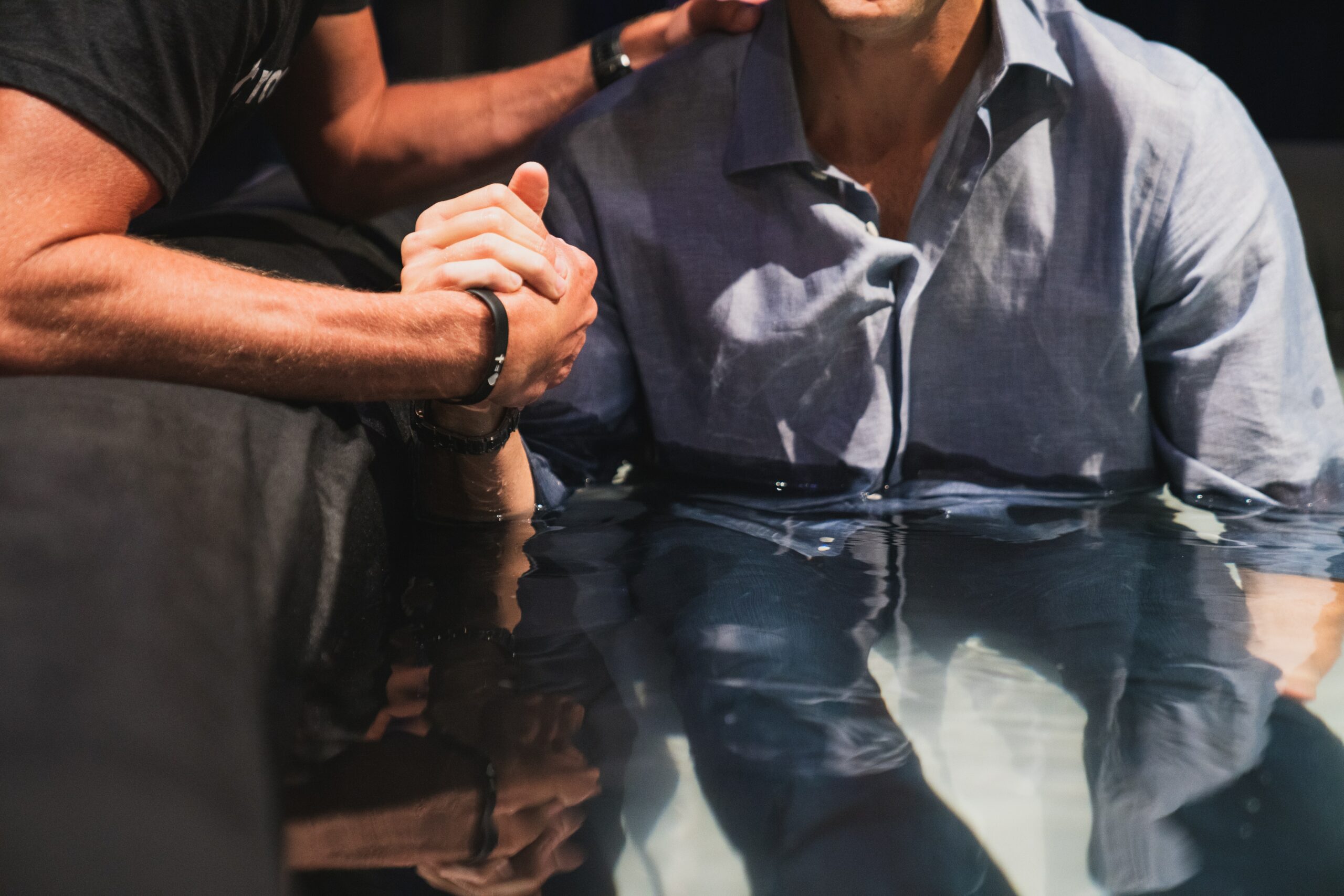Rowan Williams (Master of Magdalene House, Cambridge University, and former Archbishop of Canterbury) has a wonderful discussion on baptism in his wonderful little book Being Christian. Here’s a bit of it I really like:
So baptism means being with Jesus ‘in the depths’: the depths of human need, including the depths of our own selves in their need—but also in the depth of God’s love; in the depth where the Spirit is re-creating and refreshing human life as God meant it to be.
If all this is correct, baptism does not confer on us a status that marks us off from everybody else. To be able to say ‘I’m baptized’ is not to claim an extra dignity, let alone a sort of privilege that keeps you separate from and superior to the rest of the human race, but to claim a new level of solidarity with other people. It is to accept that to be a Christian is to be affected—you might even say contaminated—by the mess of humanity.
This is very paradoxical. Baptism is a ceremony in which we are washed, cleansed, and re-created, it is also a ceremony in which we are pushed into the middle of a human situation that may hurt us, and that will not leave us untouched or unsullied. And the gathering of baptized people is therefore not a convocation of those who are privileged, elite and separate, but in the heart of a needy, contaminated messy world.
To put it another way, you don’t go down into the waters of the Jordan without stirring up a great deal of mud!
Rowan Williams, Being Christian, pp. 5-6
(my emphasis)
Much resonates with me here, not the least of which is the connection Williams makes between baptism and the incarnation, where God entered and participated in the “messy world.”
We can think of baptism as a process whereby we come to participate in the ministry of the Creator and for that reason are more deeply connected with the “mess of humanity,” not kept at a safe distance from it.
Baptism is becoming like Jesus.

